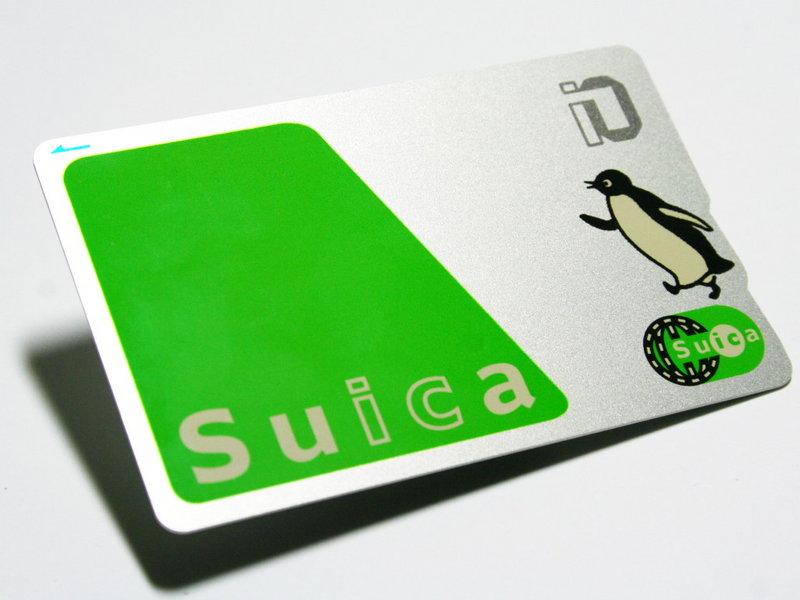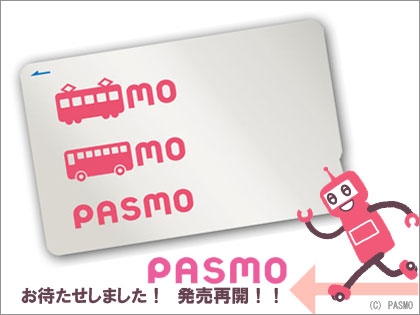How To's #10: Find a Doctor

If you can't read Kanji, finding a doctor maybe difficult. However, they are absolutely everywhere.
In Japan, they have large general hospitals and small clinics. There are specialized clinics all over the place. Your don't really need to make and appointment most the time, and you can show up day of...it's quite convenient.
And to my female readers, the OBGYN is referred to as "Ladies Clinics". Also,oddly enough they automatically use curtains so you can't see the doctor...Personally, I think that just makes me more uncomfortable...(sorry guys...if that was too much information)
Your best resource is the Himawari Clinic Hotline: 03-5285-8181
This is there website
The operator will ask you what language you speak and find a proper translator. So this is a good resources to give to your non-english speaking friends,too. You tell them what you need, and which stations you are willing to travel to.
They will ask you to call back in 15 minutes. In that time they will have prepared a lovely list of doctor's that meet your criteria. Rather it be English-speaking...male...female... you name it...they'll help you find one.
They will even give you details instructions on how to get there. So if you are living in Tokyo, I highly recommend that you have this plugged into your phone.
Information worth noting:
So...in my personal opinion...Japanese doctors are not that great. I am not saying Japan is not a great country....but... my American body needs stronger and more thorough meds. Your appointment consists of you listing out your bodily discomforts...and them giving a prescription for everything you just listed...
There is no taking of temperatures...checking of heart rate...and everything else your use to with an American doctor(that is if you are American...)
I had a horribly case of bronchitis throughout the winter. It was so bad that I pulled a muscle in my side. I was in a great deal of pain, and could barely walk. All they gave me was a minor cough suppressant, and nothing for the pain. In situations like these...I wanted my Codeine and Ibuprofen!
I was also like to note that this is a nation that would not tell you if your dying. They'll tell your family but not you directly. I guess I'm too American...to appreciate that it's more of a polite gesture than them denying my right to know...
And since it is relevant, I will dabble a little bit in the Wonderful Japanese National Health Insurance. Something that as an American, a mythical concept, is a godsend as an alien in Japan. The health insurance covers up to 70% on everything! From the appointment cost to the lesser drugs they give you (it's better than nothing), it will only cost you 30%.
All foreigners in Japan have an alien registration(toryoukushou). Depending on your location, you will register with an assigned ward. At the time you do that, you can apply for your Hokkenshou, which is your national health insurance card. It is as simple as that.
Note: It is cheaper to get your wisdom teeth pulled in Japan. However, it is ill advise...since they give you weaker pain reliever 0_O
BRING YOUR OWN MEDICINE!
my list to bring from my own country includes: Ibuprofen, nyquil, dayquil, Vitamin C tablets, and Allergy medicine





